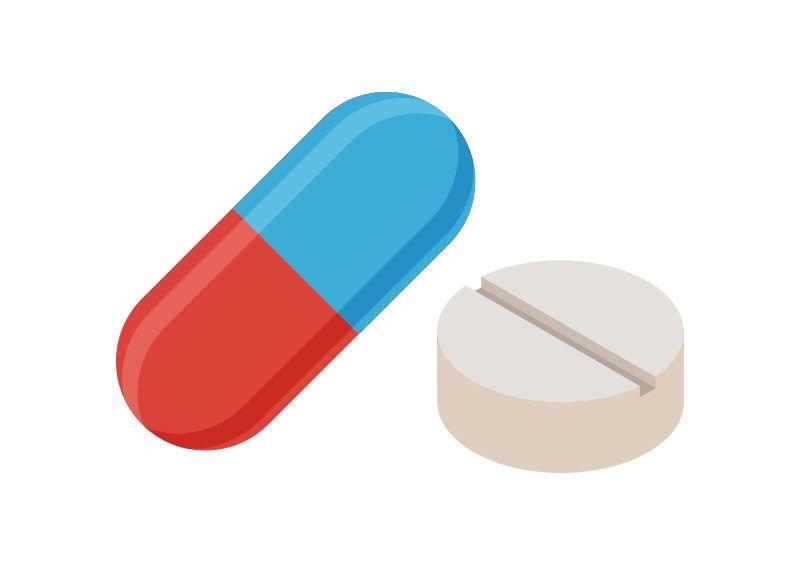Psychiatric medication and circle of addiction
Between my friends it's not a secret I'm taking antidepressants.
I started around 9 months ago when I was diagnosed and (finally!) started proper treatment. I can't say it shocked me, I mean, I got an appointment for a reason... I knew something was wrong with me, something that was preventing me from fully enjoying life, finishing my tasks and so much more. Let's call it by its proper name: Depression. Specifically Dysthymia with Major Depression episodes AKA Double Depression (Why couldn't I just have a Double Burger instead? Let's leave that to the nature VS nurture dilemma)
The fact that I'm a Psychology major helped a lot to make me comfortable with antidepressants, I knew what to expect, what to not do and how to follow treatment already. But no academic learning was able to completely erase my anxiety tainted curiosity about the side effects and how the treatment would progress. I also knew that every body reacts to treatment in different ways. And so, my adventure began.
When someone does drugs constantly it's not the trip they're afraid of, it's the withdrawal.
If you get told antidepressants aren't addictive, well, then you're being lied to. Does that make them bad by default? Wrong.
My Clinical Psychology teacher told us once "Getting medicated is like getting crutches. They only help the patient to make the recovery easier while the leg heals" which means medication is a very powerful tool that will make the symptoms calm down while the therapeutic process and the patients own efforts fight against the illness. They're not magic pills that will solve all of your life's problems. Your broken leg isn't automatically cured after you get crutches.
While it is logical to be afraid of addictions to antidepressants, they are wildly misunderstood. I can speak from my own experience when I talk about withdrawal symptoms being on the Top 3 of Things I'd Rather Avoid At All Costs, however I can't just blame the medication and sulk. This is where as a patient I have to assume responsibility for my failure to stick to the treatment prescribed without making up excuses and not mess up again if I plan to keep it. After all, my own health should be the #1 thing on my priority list.
Depression and other mental illnesses can be spoken of as states of addiction as well. It's simple: you go through a series of continuous experiences that make your brain create specific neurotransmitters which have effect on your brain therefore thoughts, emotions and actions. We think bad stuff about ourselves then feel bad and finish by doing things that make us feel even worse, our brain gets used to "feeling bad" and unconsciously makes us repeat the circle so it can be fed with the neurotransmitters it is used to.
After knowing antidepressants help break that chain, stopping our brain from stabbing itself by giving us healthier components that make us more functional and happier, it is safe to assume your brain can get addicted to the release too and suddenly stopping it by dropping the treatment will make it go haywire in an attempt to make you realize it got addicted and it needs the stuff BACK. This is why when someone is near the end of their treatment the dose is gradually lowered, so the withdrawal symptoms are minimal.

I can safely say that despite living with the medications side effects and sporadic withdrawal symptoms, antidepressants have made an incredibly positive impact in my well being. 9 months later I'm confident of my progress and still working towards improving myself.
Really touching dude, it feels relatable only I was no where near as severe as you. Hope you continue to improve yourself
Thank you :-) let's both keep doing our best!